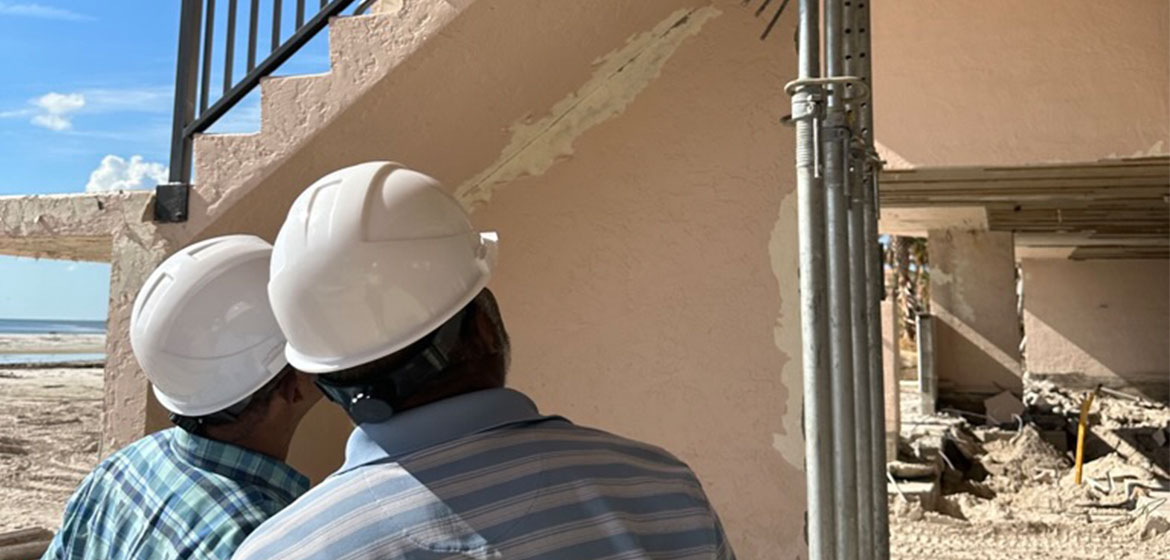The Benefits Of Pre-Loss Planning For Your Business

No business owner wants to think about a loss. And yet, it’s essential to consider the possibility of one happening. If you don’t plan for a loss now, then you might not be able to recover from one later down the road. Pre-loss planning can help your business get back on track quickly after an incident that causes property damage or other losses. It also helps ensure that your company maintains sound risk management practices and keeps its financial situation healthy over time.
In this post, we’ll outline some key benefits of pre-loss planning so that you can determine if it’s right for you and how best to set one up.
Pre-Loss Planning Can Reduce The Cost Of A Claim
Reducing claims costs through pre-loss planning can be an effective way to help your business save money. Here’s how:
- Establishing a company culture that encourages employees to report workplace accidents.
- Training employees on how and when to report workplace accidents.
- Improving employee communication about workplace accidents so that supervisors know all the facts about what happened and can make informed decisions about whether or not a claim needs to be filed.
Pre-loss planning means you’re thinking ahead, making it less likely that you’ll need a claim in the first place. This means lower premiums for all!
Pre-Loss Planning Helps You Maintain Sound Risk Management Practices
Pre-loss planning is an excellent way to ensure your business maintains sound risk management practices. Knowing what can go wrong and how it will affect your bottom line can help you make intelligent decisions regarding insurance coverage, internal processes, and employee training. By taking a proactive approach to preventing losses before they happen, you’ll be able to avoid some of the most costly mistakes businesses make regarding their risk management strategies.
For example: if you’re purchasing insurance coverage from an agent who doesn’t understand how specific policies work (or don’t work), they might not tell you about any exclusions or limitations in the policy language until after something happens. At this point, there may be little recourse for recovering money lost due to those exclusions or limitations because many companies only offer one year’s worth of coverage through their policies.
And what’s worse than not having enough insurance? Having too much! For instance:
You have $100k worth of property damage liability coverage; however, there are no cars parked in front of your building, so nobody ever gets hit by anything falling off your roof (or into their yard).
Pre-Loss Planning Allows You To Assess Your Loss Control Measures
Assessing your loss control measures is important because it allows you to see the effectiveness of your current tactics. By using this information, you can better understand where certain losses are coming from and how they can be reduced. This can also help identify areas that need improvement so that any problems are caught before they escalate into larger issues.
One of the benefits of assessing loss control measures is that it gives you an opportunity to evaluate whether or not existing strategies are working as well as they could be. If there are areas where losses are increasing or decreasing at a much larger rate than expected, reassessing the corresponding strategies may help prevent further damage or even save money if the problem is found early enough.
Pre-Loss Planning Can Help Improve Your Financial Capabilities
Pre-loss planning can help you to better manage your finances by enabling you to make informed decisions about how much money to invest in risk mitigation strategies such as insurance coverage that may be required for certain industries or business operations. In general, this means having a clear understanding of your current risks and liabilities so that any future losses can be minimized through appropriate insurance coverage or other financial protection plans.
Pre-loss planning can also help businesses improve their cash flow management systems by providing insights into the potential long-term effects of unexpected setbacks such as damaged property or lost earnings due to theft or fire damage caused by natural disasters such as hurricanes or earthquakes.